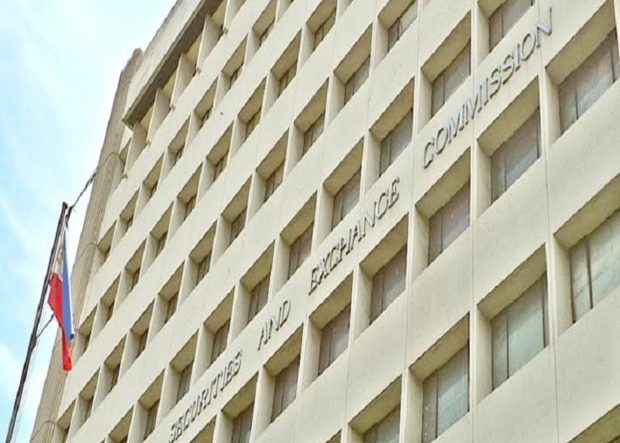SEC revokes Suhail Medical Center’s registration
A company that has been illegally soliciting investments for a fictitious hospital that it will supposedly build in Calamba, Laguna, was stripped of its corporate registration by the Securities and Exchange Commission (SEC).
In an order dated Feb. 3, the SEC Enforcement and Investor Protection Department (EIPD) found that Suhail Medical Center Inc. had been publicly offering and selling securities without the necessary secondary license.
The EIPD further noted that Suhail Medical’s promised profits and returns would be derived from the investments of new member-investors, not its actual operations.
“Necessarily, this scheme is unsustainable as it must rely on a continuous inflow of new investors in order to make pay-outs to earlier investors, all the more made glaring considering that it has no actual operations yet to speak of,” the order read.
Also, the EIPD has secured a certification from the Health Facilities and Services Regulatory Bureau of the Department of Health stating that there was no license ever issued to any Suhail Medical Center located in Calamba. Neither was there any application to build such a health facility.
Suhail Medical has been soliciting investments from the public worth P1.06 million per co-ownership seat to its supposed hospital. Investors were also given the option to purchase “half a seat” for P550,000 each.
In doing so, the SEC said Suhail Medical had committed an “ultra vires” act under Section 44 of the Revised Corporation Code of the Philippines (Republic Act No. 11232).
The company’s activities also constituted “serious misrepresentation as to what it can do, to the great prejudice of or damage to the general public,” a ground for the revocation of a a corporation’s certificate of registration under Presidential Decree No. 902-A, the SEC order said.
The company promised investors returns in the form of quarterly revenues based on the hospital’s performance, free laboratories and check-ups for the co-owners and their next of kin, as well as lifetime income.
Suhail’s scheme involved securities, particularly an investment contract, whereby a person invests his money in a common enterprise and is led to expect profits primarily from the efforts of others, according to the EIPD.

